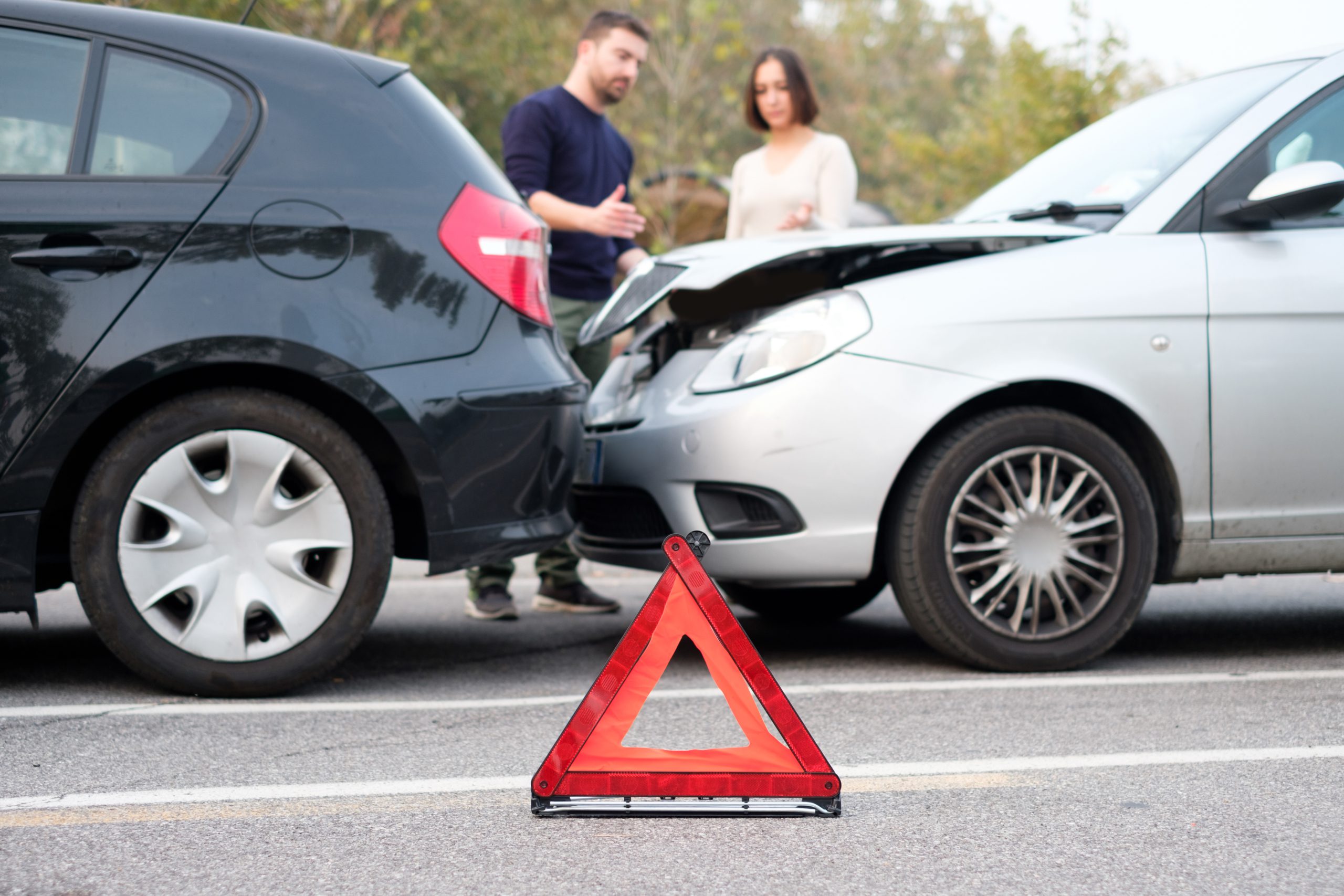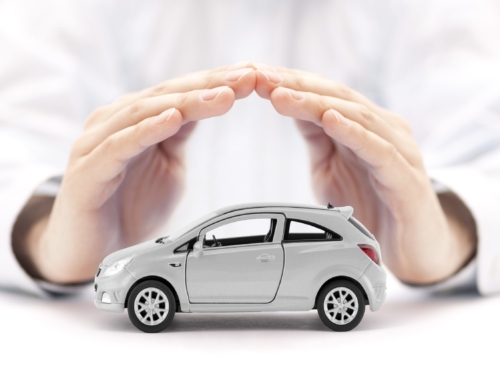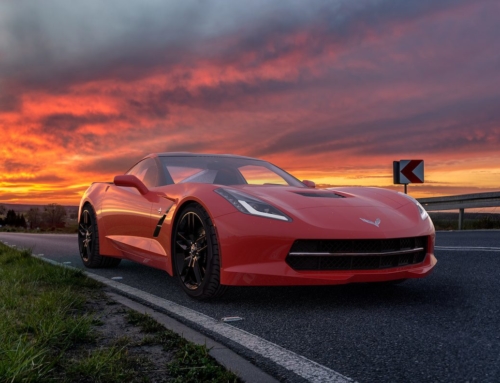What is Collision Insurance?
Collision insurance is a type of insurance that helps to cover the cost of damage to your vehicle if it is involved in a collision with another object. This can include things like hitting another car, running into a parked car, or even crashing into a tree or fence. If you have this type of insurance, then you will not have to worry about paying for the repairs to your vehicle out of your pocket.
What Does Collision Insurance Cover?
When you purchase auto insurance, you have the option to add collision coverage to your policy. This type of coverage can help to pay for repairs to your vehicle if it is damaged in an accident. Collision coverage typically covers damage caused by collision with another object, such as another car or a wall. It may also cover damage caused by overturning your vehicle. In some cases, collision coverage may even pay for repairs if your vehicle is stolen. While collision coverage can be beneficial, it is important to remember that it does not cover all types of damage. For example, damage caused by weather or vandalism would not be covered by collision insurance. As a result, it is important to understand the limitations of your policy before you make a decision.
The Pros and Cons of Collision Insurance
Collision insurance is designed to cover the cost of damage to your vehicle in the event of a collision. While this type of coverage can be very helpful, it is important to weigh the pros and cons before making a decision. On the plus side, collision coverage can help you pay for repairs or replacements if your car is damaged in an accident. Additionally, it may help you to avoid financial responsibility for any damage you cause to another vehicle. However, there are also some potential downsides to consider. For one thing, collision insurance can be relatively expensive, especially if you have a high-value vehicle. Additionally, if your car is totaled in an accident, you may end up owing more than the insurance payout because of depreciation. As with any type of insurance, it is important to carefully consider your needs before purchasing collision coverage.
What to Do If You’re in an Accident with No Collision Coverage
If you’re involved in a car accident with no collision coverage, there are a few steps you can take to minimize the financial impact. First, if possible, move your vehicle to the side of the road to avoid blocking traffic. Next, exchange insurance information with the other driver and take pictures of the damage to both vehicles. Once you have this documentation, you can file a claim with your insurance company. If you don’t have collision coverage, they will likely deny your claim. However, you may be able to negotiate a settlement if you can prove that the other driver was at fault for the accident. Finally, if all else fails, you can take the other driver to small claims court. This is the last resort option, but it may be necessary if you want to get compensated for the damages to your vehicle.
Collision insurance is a type of insurance that helps to cover the cost of damage to your vehicle if it is involved in a collision with another object. This can be beneficial, but it is important to understand the limitations of the coverage before you purchase it.




